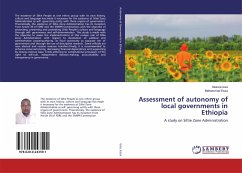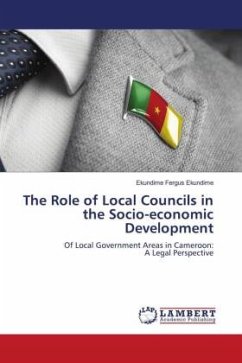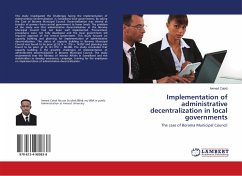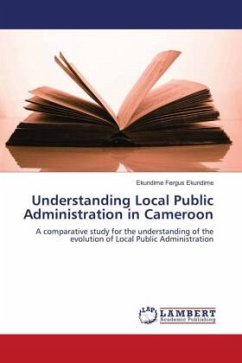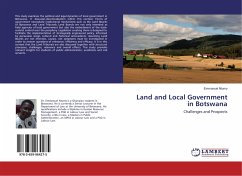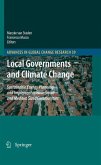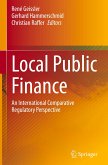The existence of Siltie People as one ethnic group with its own history, culture and language has made it necessary for the existence of Siltie Zone Administrative as self- governing entity with three organs of government. Theoretically, the existence of Siltie Zone Administration has its inception from Article 39 of FDRE and the SNNPR Constitutions with the objective of protecting, preserving and promoting Siltie People's culture and language through self- governance and self-determination. This study is made with the objective to assess the implementations of this unique role of Siltie Zone Administration with respect to devolution of political and administrative power/authority, its fiscal autonomy as separate tier of government and through the use of descriptive research. Zonal officials are now elected and receive revenue transfers.Finally, it is recommended to enhance zonal autonomy, decreasing financial dependence and supporting by strong revenue base, firmly adhering to constitutional provisions of the right to self-rule, independent decision-making, accountability and transparency in governance.
Bitte wählen Sie Ihr Anliegen aus.
Rechnungen
Retourenschein anfordern
Bestellstatus
Storno

